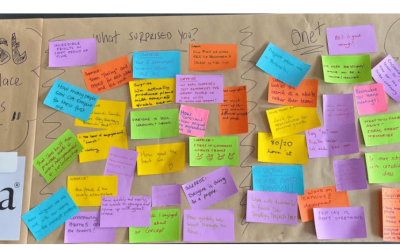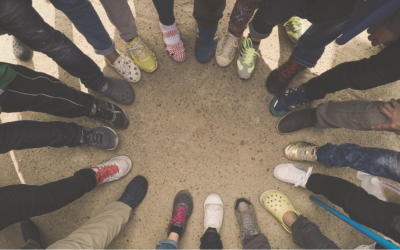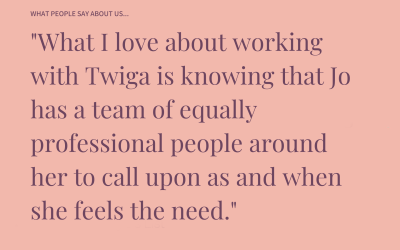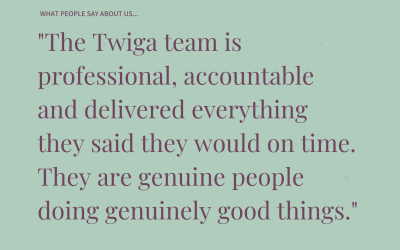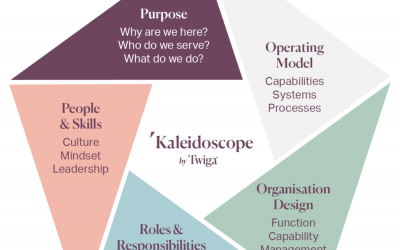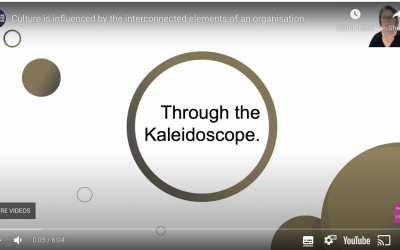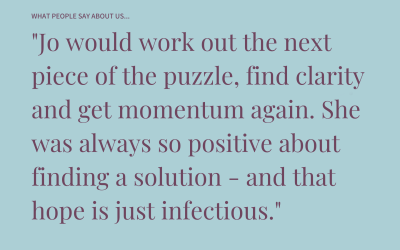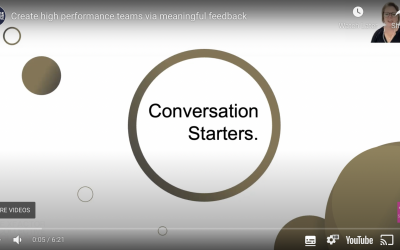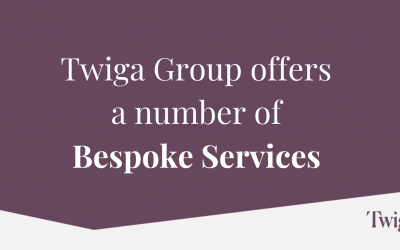Here we are in 2024!
The beginning of each year seems to come around that much faster than the last. And the beginning of each year is always accompanied by new expectations and the inevitable changes to how we work, how we engage with each other and what we value in our working environment.
While we can’t really predict the future with any sense of accuracy, the Twiga team values the insights that can be gained from taking the time to consider what we’ve experienced in the past year, so that our experiences can help shape our thinking of what might transpire for people and culture over the year ahead.
With people as the cornerstone of work, we think communication and collaboration will be a key centrepiece of culture this year.
Collectively, we’ve been muddling our way through the significant global challenges of the last few years, driving new expectations of where and how work happens, and then adapting to these changing expectations as they have evolved and then gathered momentum.
We think this will continue in the coming year, but with greater clarity – and perhaps even greater expectations. The tension between remote work, hybrid workplaces and flexibility of work will continue challenge us all in different ways. Focussing on communication, team dynamics, and the use of technology in fostering collaboration might help to alleviate this tension.
The integration of AI-driven tools for remote collaboration and communication continues to grow and become increasingly familiar to the workplace. As organisations continue to adapt to changing expectations of the work environment, AI technologies that facilitate seamless communication, collaboration, and employee engagement will play an increasingly crucial role in shaping and sustaining positive and inclusive organisational cultures.
Adding to this, a wave of digital transformation and technology into various aspects of work is likely to continue. This not only includes the use of artificial intelligence, but also automation and data analytics that can help to enhance decision-making processes and improve efficiencies. As these tools continue to achieve greater sophistication and capability, they will drive rapid evolution in the workplace landscape.
Organisations will need to foster cultures that are adaptive, responsive to change and focused on rapid and continuous improvement in a way that is manageable and inspiring for their people. This might involve a shift away from rigid hierarchies and traditional processes to systems that are able to accommodate a far greater emphasis on communication, collaboration, and innovation.
Having clear organisational and team agreements that capture shared and agreed ways of working will be increasingly important. These agreements should not simply be created and then ‘gifted’ by leadership or talent teams to the organisation’s people in their finished form. Ideally, these agreements will be cocreated so that they take the humans (and their unique differences) into account, and equally importantly, so that their ownership lies across the breadth and depth of an organisation.
A social contract, if you like. A cornerstone of truly great culture in 2024.








